How Hi-Fi Dealers (Audio Stores) Can Bring the Best Value System to Your Home
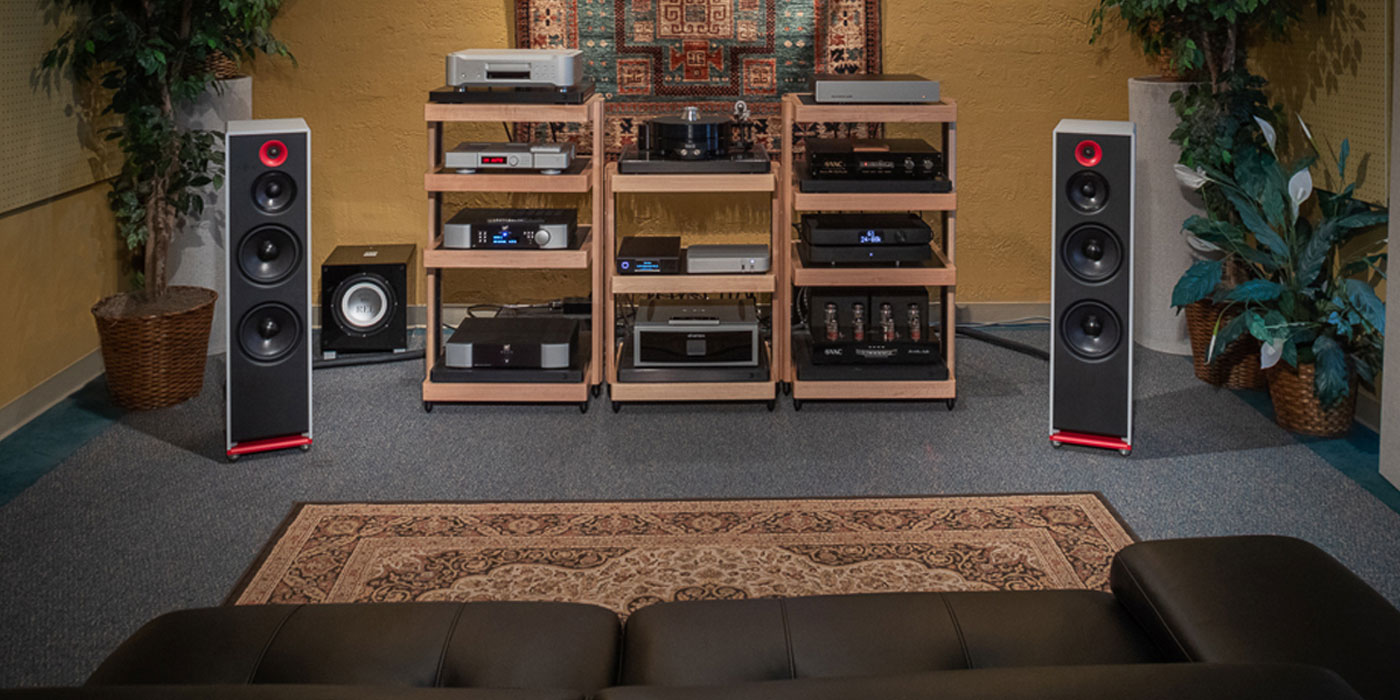
he act of purchasing any product can be most frustrating. This especially includes buying and taking ownership of a good stereo system (the same applies to home theater, but for this purpose, I am using stereo to keep it simple). There is a considerable amount of time and money invested, and when the process is done, how do we know if we made the best decisions? Let’s explore this and while doing so, lay out an understanding of the value of the audio store.
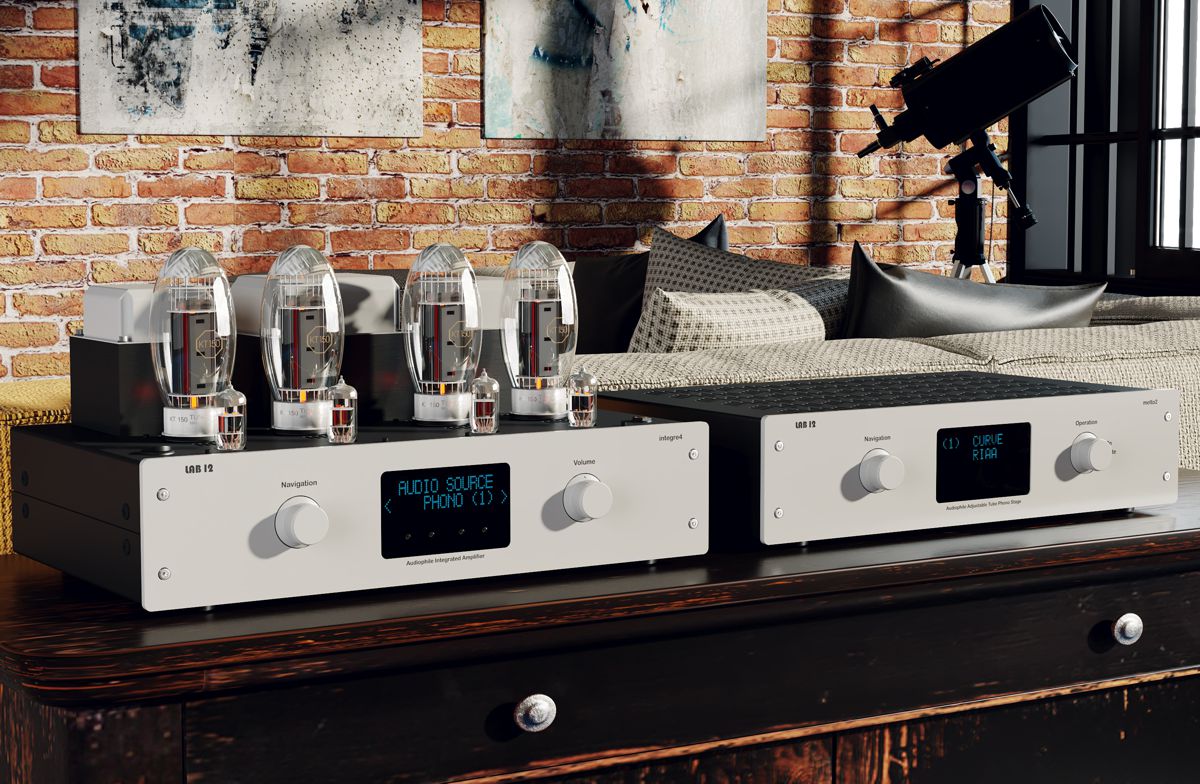
What Are Your Goals?
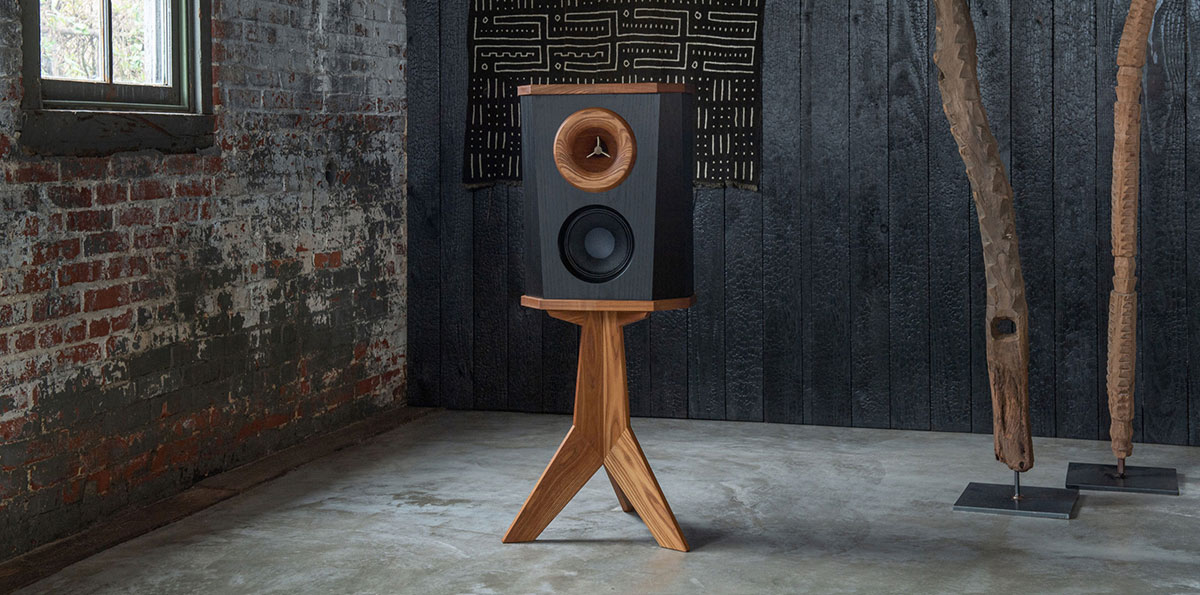
Decide How Much Time You Want to Spend Reading Reviews and Following Forums
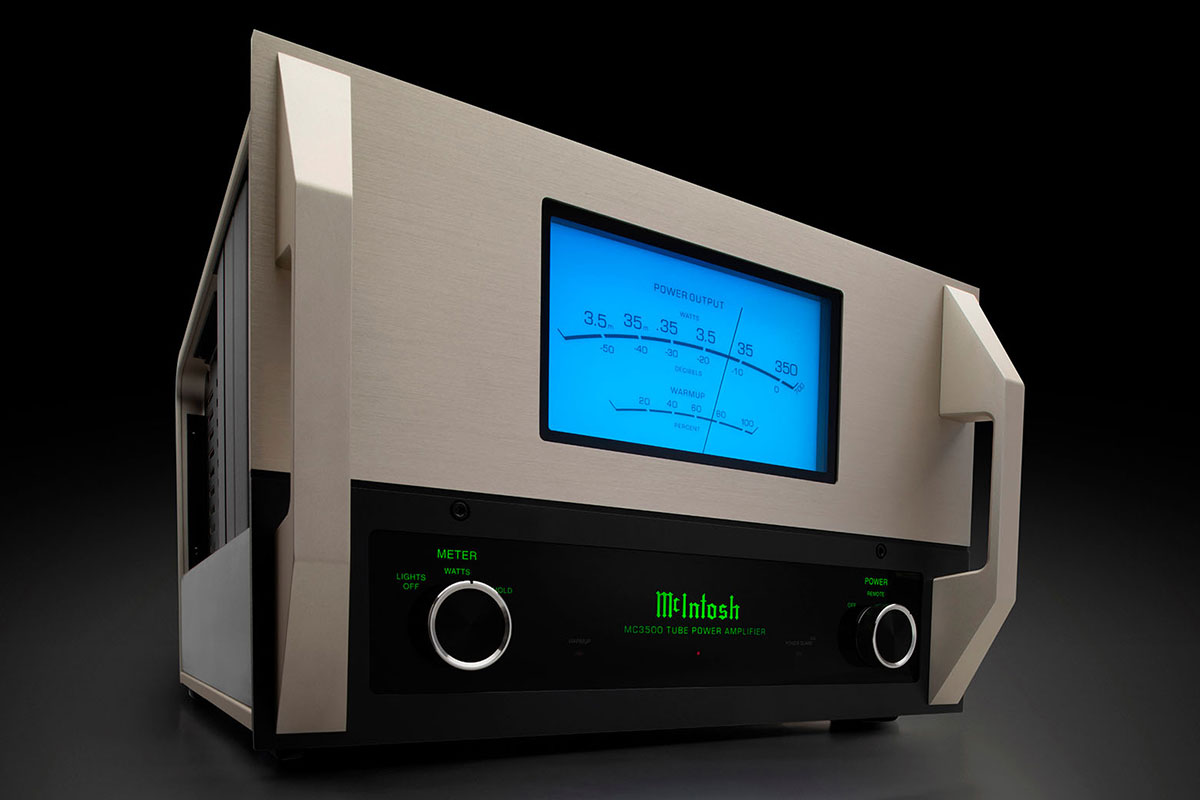
It Is Time to Visit the Dealer
This is possibly the most important part of the entire process. You want to establish a relationship with the dealer in which you are both comfortable in being honest at every level.
The better audio dealers will make you feel welcome. They will ask questions and give you time to get acclimated. You should also ask questions of the dealer. What is their level of experience? You want someone with at least 3 years of experience. Do they frequently hear live music? Live music is the ultimate reference for a quality stereo system. The first 15 minutes (give or take) should be spent in this question/answer portion of the experience. Once you both are relaxed to the point that conversation is flowing, it’s time to audition some equipment.
A personal favorite of mine is when the dealer lets you listen to several tracks on a system close to your price range. Their time, as with yours, is valuable. They may fire up this system, show you where to change your choice of vinyl, CD, or streaming formats, and leave you alone for a period of time. You (and your spouse) can now kick back and enjoy your own music without interruption. It is after this first listening period that the whole process will start to get easier. When you are done, you can give feedback regarding what you experienced with that system. Don’t be surprised if, after this audition, you find he can put together a system you want to put into your home.
Keep in mind that better audio professionals often have decades of experience. They get to audition 100’s of products each year, and they select the best products for their store to sell. Personally, I have purchased systems based on an audio dealer’s expertise and absolutely loved the system. It is highly likely that the right dealer can put together a system in almost every budget that will sound better than almost anything a consumer can assemble on his or her own.
A good dealer will ask you what you did and didn’t like. They will listen to you and make suggestions based on your answers. The not-so-good dealer will spend a lot of time telling you what you just heard. The good dealer trusts YOUR ears and will endeavor to give you the best system for you.
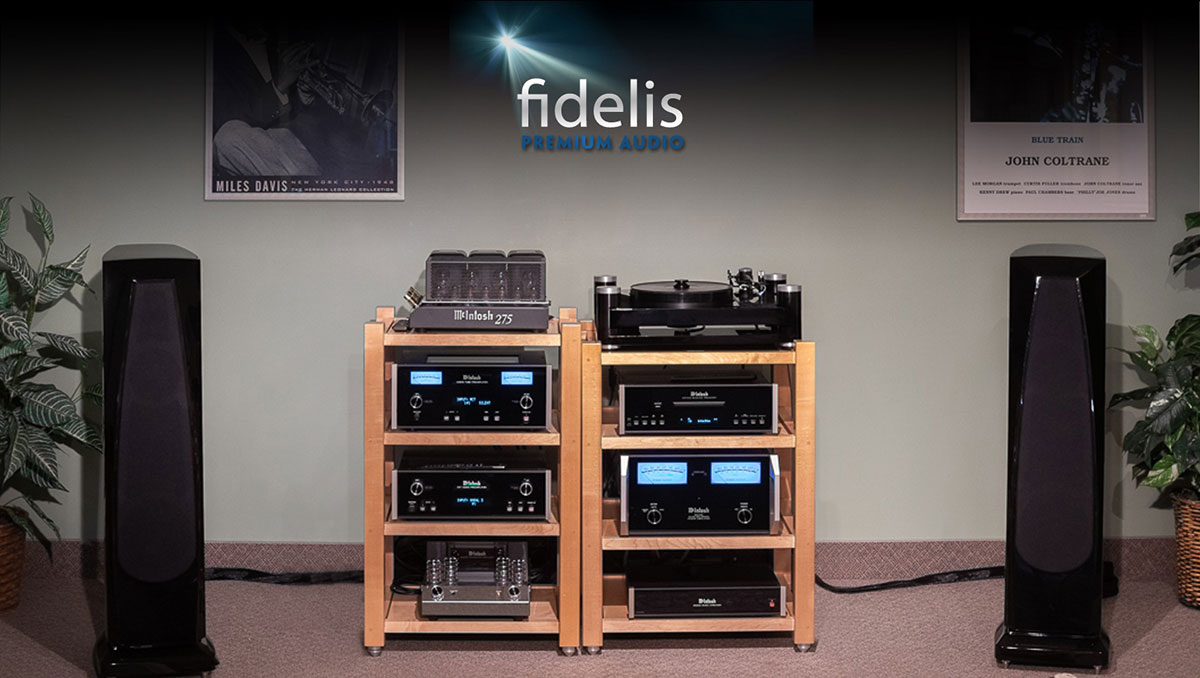
Enter Fidelis A/V
Over the last two years, I have gotten to know Walter as we have discussed a variety of audio-related topics. Walter has over 40 years as an audio dealer and aficionado under his belt. The man loves audio and the challenge of putting together world-class systems, starting at under $1,000 for source, amplification, and speakers and going up to over $500,000 systems.
Walter checks all the boxes that one would want in an audio dealer. He regularly attends live music events from full symphonies to small jazz ensembles. He is devoted to each customer and teaches his staff that every customer is worthy of all the time that is needed to satisfy the customer’s music system desires, from entry-level systems to state-of-the-art systems that will astonish one with the performance available in the stereo world today.
Walter has available a $1,200 system that consists of a CD player, integrated amp, and pair of speakers that will make wonderful music. He put the time in to audition dozens of potential components and systems before assembling this particular trio. A person who was interested in spending this modest amount on a system could attempt to assemble a system by visiting a variety of internet sites and picking out the components this way. Walter brings his 40 years’ worth of experience to his customers, and his $1,200 system will be a music maker’s dream. Walter doesn’t charge any more than one would pay trying to go it alone.
What About Negotiating the Best Price?
Why not take this system and shop various online sources to see if you can get it cheaper by ordering online? It is well within your rights as a consumer to do this. But is it the right thing to do? This is a question you will need to answer for yourself. Your dealer has many advantages to pass along to you, such as servicing a component if there is a problem with it. If you decide to shop for the best price on this system and are quoted a “better price” from a source 1,000 miles away, a tough decision is now yours to make. I would recommend that you at least take this price to the store that spent the time with you and discuss a possible discount. Most store owners will work with you, especially in an entire system purchase. As a reasonable person, you should offer to pay a somewhat higher price than the price you were quoted by an online dealer, as your local dealer has already done a lot of work on your behalf and will continue to do so.
Your local dealer will also, in many cases, offer to set up the system in your home for you. There is no one portion of the purchase and setup of your new system that is as important as the in-home setup. Your dealer will make sure you get the best possible sound from your investment and save you a lot of time and aggravation in the process.
Bottom Line:
- Decide to purchase an A/V system.
- Decide on a budget.
- Contact a dealer.
- Set up an appointment.
- Talk to the dealer about what your budget is and what it is that you want to achieve (pleasing yourself, pleasing your spouse, impressing your friends, setting up just a stereo audio system, setting up a home theater).
- Show the dealer photographs of your listening/viewing room – all four walls.
- Listen to various setups that the dealer has with content that you have brought with you, including some CDs and Blu-ray/4K movie discs if you are setting up a home theater. Ask if he/she will set up the system you purchase.
- Negotiate a price.
- Close the deal.
- Have fun.
Thank you for reading, and hopefully, this has been helpful.